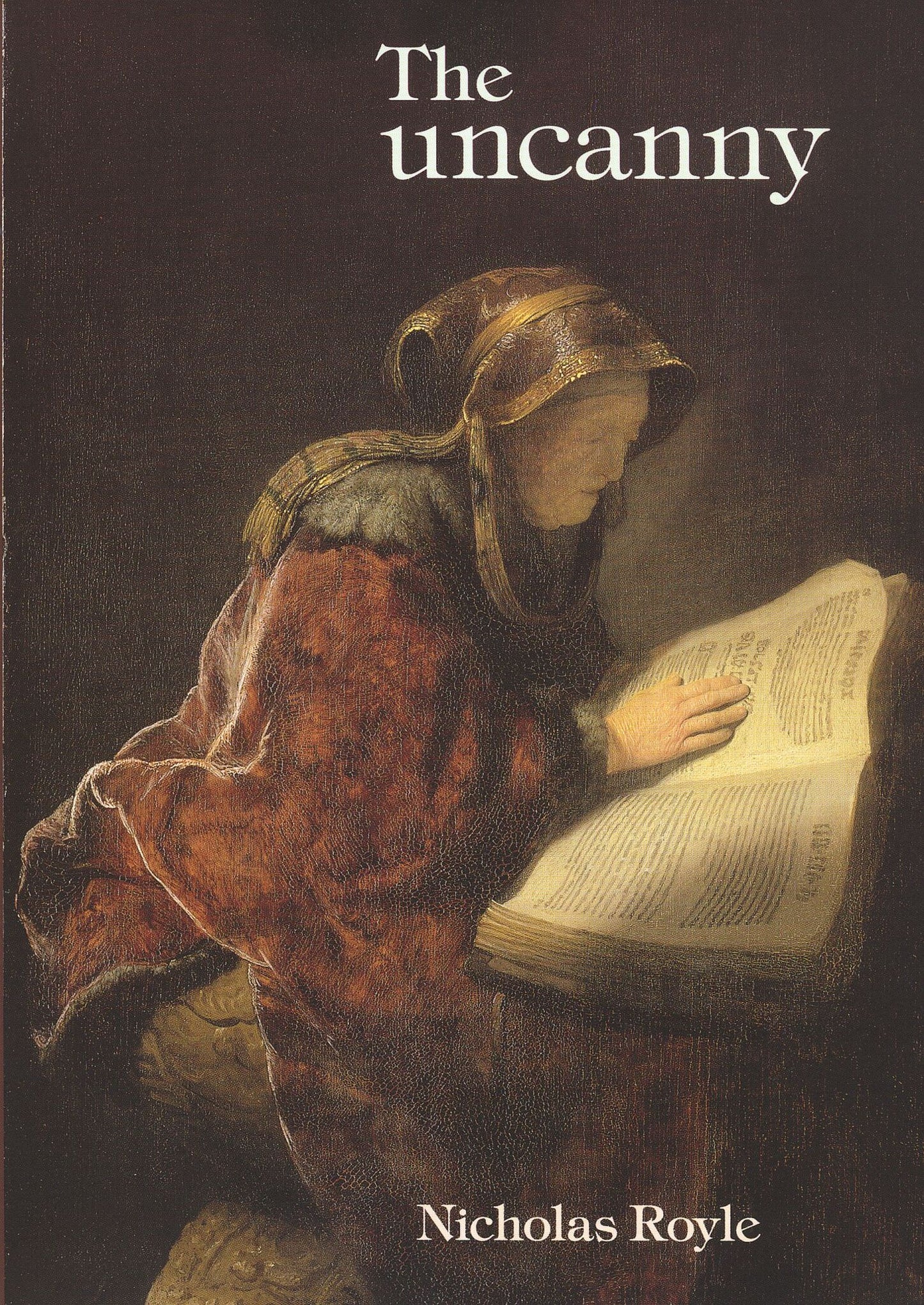We're sorry. An error has occurred
Please cancel or retry.
The uncanny

Some error occured while loading the Quick View. Please close the Quick View and try reloading the page.
Couldn't load pickup availability
- Format:
-
13 February 2003

This is the first book-length study of the uncanny, an important topic for contemporary thinking on literature, film, philosophy, psychoanalysis, feminism and queer history. Much of this importance can be traced back to Freud’s extraordinary essay of 1919, ‘The Uncanny’ (Das Unheimliche).
As a ghostly feeling and concept, however, the uncanny has a complex history going back to at least the Enlightenment. Royle offers a detailed account of the emergence of the uncanny, together with a series of close readings of different aspects of the topic. Following a major introductory historical and critical overview, there are chapters on literature, teaching, psychoanalysis, deconstruction, film, the death drive, déjà vu, silence, solitude and darkness, the fear of being buried alive, the double, ghosts, cannibalism, telepathy, madness and religion.

LITERARY CRITICISM / Semiotics & Theory, Literature: history and criticism, LITERARY CRITICISM / Horror & Supernatural, Literary theory, Literary studies: fiction, novelists and prose writers

Acknowledgements
Abbreviations
List of illustrations
1. The uncanny: an introduction
2. Supplement: 'The sandman'
3. Literature, teaching, psychoanalysis
4. Film
5. The death drive
6. Silence, solitude and...
7. Darkness
8. Night writing
9. Inexplicable
10. Buried alive
11. Déjà vu
12. The double
13. Chance encounter
14. Cannibalism
15. Manifestations of insanity
16. A crowded after-life
17. To be announced
18. Mole
19. The 'telepathy effect'
20. Phantom text
21. The private parts of Jesus Christ
22. Book end
The uncanny: a bibliography



